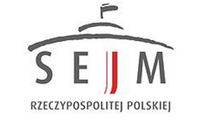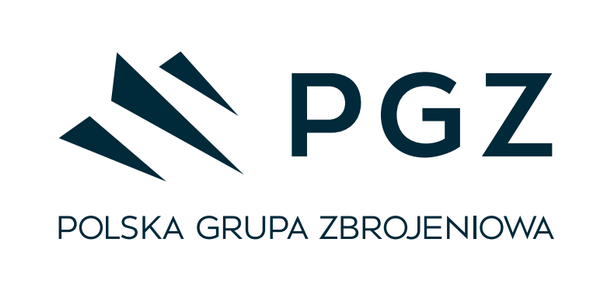Training: Legal Aspects of Crisis Management - Nobilis Media
Main menu:

Training: Legal Aspects of Crisis Management
Think tank Nobilis Media begins in 2018 a series of trainings in the field of "Legal aspects of crisis management". The first training took place for the Veterinary Inspectorate of the Provincial Veterinary Inspectorate of the West Pomeranian Voivodeship.
The training was attended by dozens of officials responsible for ensuring safety in the field of counteracting epidemics in the region using the crisis management grid.
During the training participants got acquainted with all relevant elements of the subject, including hazard identification methodology, risk assessment, building crisis management plans, cooperation of bodies responsible for ensuring security in the region, planning, implementation and monitoring of activities related to crisis management, and removal of threats.
The meeting was part of a series of trainings related to the implementation of effective crisis management solutions in public administration bodies.
Think tank Nobilis media comes out with a training offer for strategic enterprises and state administration. The aim of the training is to acquire legal knowledge and skills to prevent and counter crisis situations, to rationally function in these situations, to eliminate their consequences and to prepare for crisis management.
The training is focused on preparing activities for the planning, organization and implementation of crisis management projects, in accordance with the applicable procedures and legal solutions applied in public administration, state institutions and enterprises. The training provides knowledge and skills in the field of crisis management and management of corporate and public security. In addition, the training provides knowledge about current standards related to crisis management.
Training program:
1. The crisis management system as an element of national security management, the essence of the system and the legal basis of its functioning.
2. The role and tasks of public administration bodies in the crisis management system. Crisis management teams and centers.
3. The role and tasks of non-public entities in the implementation of the crisis management system.
4. Responsibilities of the management staff related to the implementation of the crisis management system.
5. The essence and purpose of developing the Crisis Management Plan and the Critical Infrastructure Plan.
6. Hazard characteristics and risk assessment.
7. Methodology for developing a crisis management plan.
8. Standard operating procedures and emergency response procedures.
9. Organization of evacuation from threatened areas.
10. Recapitulation of training.
Cdr. Dir. Artur Bilski

CEO of think tank Nobilis Media
mobile: +48 512 488 229 NIP: 851-310-21-12 e-mail: biuro@nobilismedia.pl |nobilismedia.pl

Fast contact:
mobile +48 512 488 229
e-mail: biuro@nobilismedia.pl

The account number for orders:
Name of bank: BNP PARIBAS BANK OF POLAND
account nr: 79 1600 1260 0004 0907 3757 5001

Contact details:
Nobilis Media sp. z o.o.
ul. Kopańskiego 19/21. 71-050 Szczecin POLAND
NIP: 8513102112













